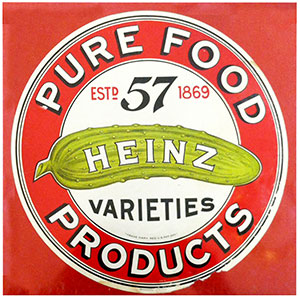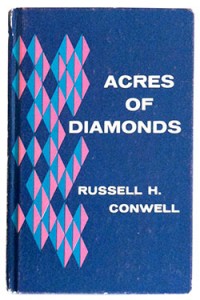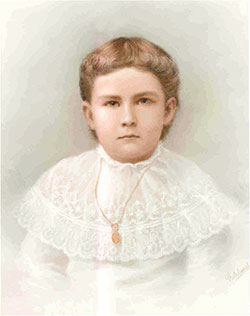 Eagle Feathers #57 – Fifty-Seven
Eagle Feathers #57 – Fifty-Seven
By Bob (Monty) Doherty
If you like ketchup on your hot dogs, burgers or fries, then you have a lot in common with most people. The largest seller in the world of tomato ketchup is the H. J. Heinz Company. It sells over 650 million bottles and 11 billion packets of ketchup each year. The company, named after its founder Henry John Heinz, is 145 years old. The seeds of the company sprouted when Henry started making horseradish from ingredients found in his mother’s garden. This was the first of many food varieties to come.

He began his company in 1869, and before he died fifty years later he had amassed a fortune. It is said that in 1896, while observing billboards on a New York train ride, he was inspired to make up the ”Heinz 57” variety logo, and so it was born. This doesn’t sound right to me because at that time the company already had produced well over sixty varieties. The answer might lie in the actions of a former Somerville citizen, Russell H. Conwell, the author of Acres Of Diamonds and the founder of Pennsylvania’s Temple University. Conwell was a lawyer, soldier, writer and minister. He founded The Somerville Journal, which was later edited by his son, Leon, the 19th mayor of Somerville. Before leaving the state, he established a West Somerville Mission. Conwell Street, Conwell Avenue, and the former Conwell School carry on the Conwell name.

The romance surrounding Philadelphia’s Temple University’s birth is griping. It’s a chronicle about an eight-year old little girl who moved mountains just by being herself. The story is about a minister who, on his way into his packed church, is startled by a child, Hattie May Wiatt, crying at the curb. He stops and asks her why she is crying. She explains that the tiny Sunday school room that she wanted to attend was overcrowded, and she was turned away. The minister then scoops her up onto his shoulder, walks into the church down the center isle, and seats her at the front of the church. He then alters his sermon, using the plight of the young girl, to address this new dilemma. He then asks his congregation for financial help.

Months went by and one day a father came to the church to tell the minister that his ill daughter has died. It was little Hattie May. The father gave him a toy purse that he found under her pillow. It contained fifty-seven cents that she had saved for the new Sunday school. Explaining this sad story at his next sermon, the minister took the purse and sold the pennies off, one at a time. Buyers kept returning the pennies for resale and the eventual total made from the original “57” cents paid for the new Sunday school and Temple University’s first building.
The minister was Russell Conwell of Somerville and his actions were the talk of Philadelphia. During the same time, Henry J. Heinz expanded his company there. Heinz was a wealthy, deeply religious man who was also a behind-the-scenes philanthropist. His donations were vast, with the largest portion going to Sunday school associations. When not running his company, he was a teacher who travelled the world volunteering and promoting these schools. He was an instrumental member in Pennsylvania, national and international Sunday school associations.
So whenever you find yourself tapping the bottom of a “Heinz 57” ketchup bottle, you might think it’s H. J. Heinz saluting an eight-year old girl who had a dream.













Reader Comments